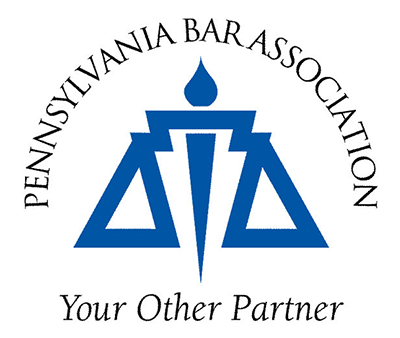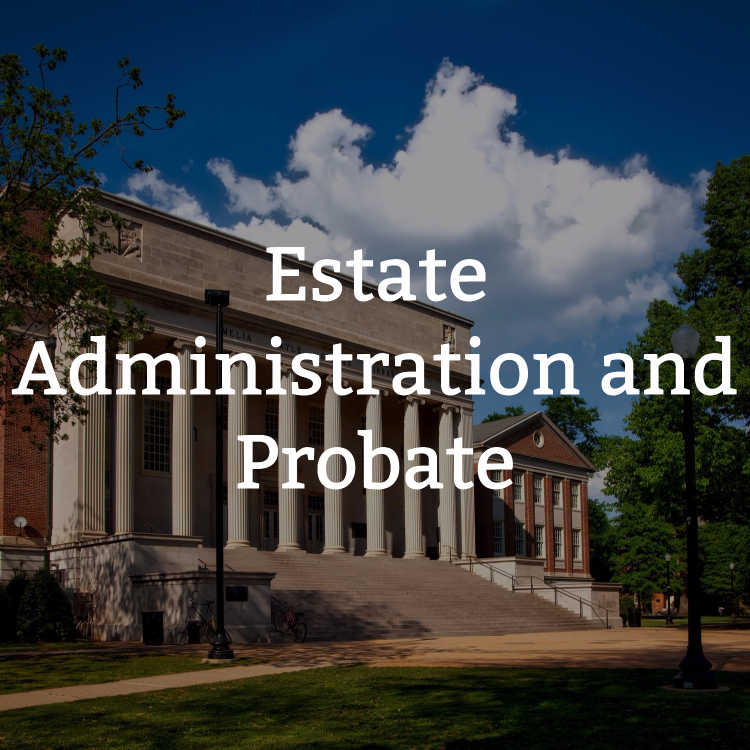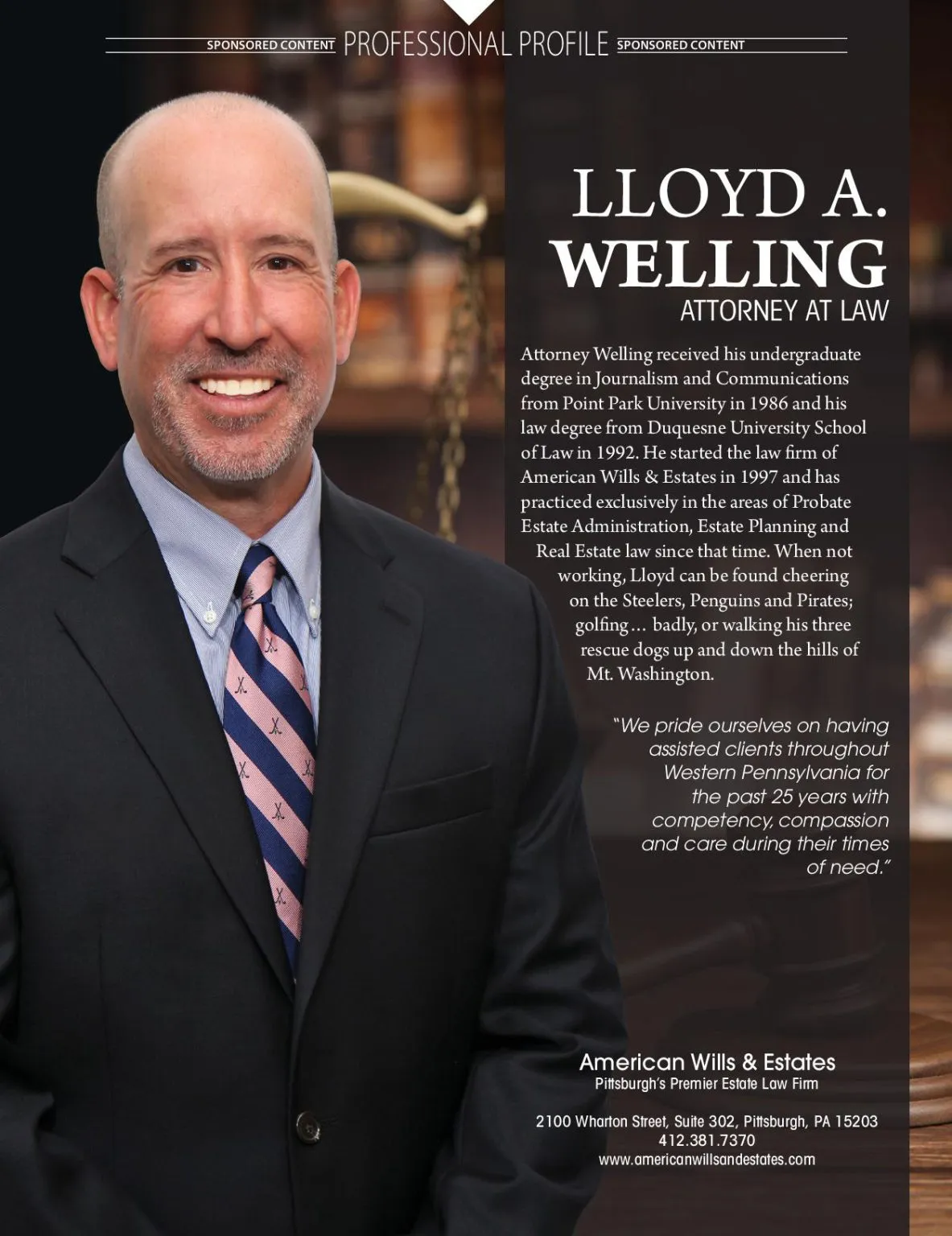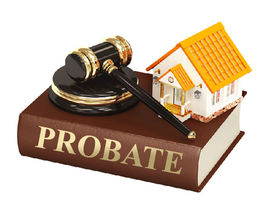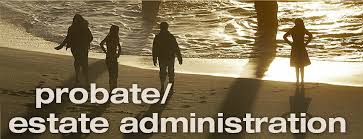An Executor’s duties and responsibilities for handling the administration of a Decedent’s estate can include many different things. The Executor may be responsible for arranging the Funeral, taking possession of all of the Decedent’s documents to ascertain both assets and liabilities, taking interim possession of all of the property, having the estate probated, if necessary, paying all debts and distributing the property and all other assets of the estate to all beneficiaries in a timely manner and in accordance with the Decedent’s wishes.
An Executor’s duties and responsibilities for handling the administration of a Decedent’s estate can include many different things. The Executor may be responsible for arranging the Funeral, taking possession of all of the Decedent’s documents to ascertain both assets and liabilities, taking interim possession of all of the property, having the estate probated, if necessary, paying all debts and distributing the property and all other assets of the estate to all beneficiaries in a timely manner and in accordance with the Decedent’s wishes.
The Executor’s duties also include preparing a complete list of all of the Decedent’s assets and liabilities as well as their value at the time of death including cash, securities, jewelry, real estate and other valuables such as contents of safety deposit boxes. The Executor should generally request that the estate attorney search the title to all real estate in which the Decedent had an interest. Determine the value of any and all real estate, such as home, cottage, camp, farm, commercial, or other investment property. Such valuation might entail hiring a real estate Appraiser. The Executor should also check leases, mortgages and property taxes. The Executor will be responsible for seeing that payment continues to be made on all mortgages, taxes, utility bills, etc. until the property is sold, including realtor and legal fees related to sale of same.
Another one of the Executor’s responsibilities is to notify all relevant banks and other financial institutions about the death and to obtain statements about cash balances on both deposit and outstanding loan accounts. In most instances these institutions will require a certified copy of the Decedent’s death certificate, court papers showing that the Executor has been formerly appointed to administer the estate, and sometimes a copy of the Will as
well. Only assets and liabilities that make up the estate must be listed Assets that pass outside of the estate by right of survivorship under joint tenancy or designation of a beneficiary do not have to be listed. However, even may very well be subject to the imposition of inheritance tax. The Executor’s duties are to be able, at all times, to account for the estate assets.
The Executor is responsible for the protection of all assets under the estate including real estate. This includes making sure that such properties are properly insured against theft, fire, loss and any other destruction. If the Executor fails to preserve such assets they can be held liable. One way an executor can protect the assets of the estate is to take them into his personal possession. This should be done with any valuable assets including important documents, jewelry and other valuables. Secured storage and or insurance for these types of assets is highly recommended. If the Decedent owned a business the Executor must arrange for the continued and proper management of same as well as for collection of any income from such tems inventory, stocks, bonds, rents or other investments.
REMEMBER, being an Executor o Administrator is a great responsibility. Many problems can arise during the probate process that can delay the ultimate disbursement of a Decedent’s Estate and unnecessarily those types of assets consume valuable estate assets. Faulty or negligent probate administration by an Executor or Administrator can even lead to Orphans’ Court Litigation.
At American Wills & Estates our attorneys have extensive experience in guiding Executors and Administrators through the process of administering a love one’s estate. We understand that losing a loved one is a difficult and emotional time. We will work directly with the Executor or administrator in a professional and compassionate manner to ensure that the wishes of their loved one are carried out and that the probate process proceeds in a timely, orderly and cost-efficient manner. You can trust and count on our attorneys in your time of need.
Unlike the vast majority of law firms, we offer our probate estate administration services on a LOW FLAT FEE BASIS. We also do not expect to be paid for our services until the administration of the estate has been completed.







